-
242025-02
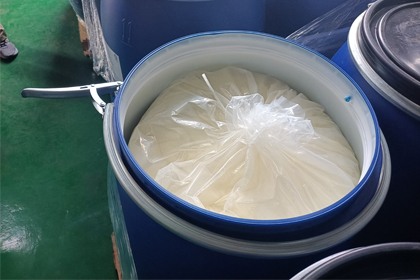 Why are Mining Giants Switching to This Resin?Discover how uranium extraction resins are transforming uranium mining with increased efficiency, reduced costs, and improved environmental performance. Explore the latest advancements in resin technology for ISL and conventional mining operations.View More >7
Why are Mining Giants Switching to This Resin?Discover how uranium extraction resins are transforming uranium mining with increased efficiency, reduced costs, and improved environmental performance. Explore the latest advancements in resin technology for ISL and conventional mining operations.View More >7 -
182025-02
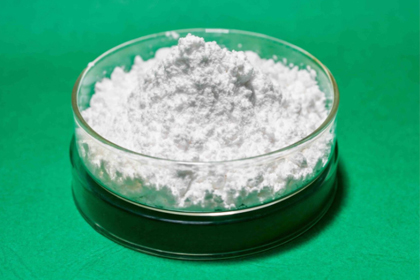 Succinic Acid Purification Ion Exchange MethodThis article provides a comprehensive guide on the purification of succinic acid using ion exchange resins. It covers the fundamental principles behind ion exchange, including the properties of succinic acid and the selection criteria for appropriate resins. Detailed operation steps are outlined, from resin pretreatment and feed solution preparation to adsorption, elution, and post-treatment processes. Common issues encountered during the purification process, such as low adsorption efficiency and elution peak tailing, along with their solutions, are discussed. The article also explores application scenarios, including industrial-scale purification and the purification of biological fermentation broths. Through these methods, succinic acid can be purified to over 99% purity, suitable for both laboratory and industrial production needs. Adjustments to process parameters may be necessary based on the specific characteristics of raw materials.View More >17
Succinic Acid Purification Ion Exchange MethodThis article provides a comprehensive guide on the purification of succinic acid using ion exchange resins. It covers the fundamental principles behind ion exchange, including the properties of succinic acid and the selection criteria for appropriate resins. Detailed operation steps are outlined, from resin pretreatment and feed solution preparation to adsorption, elution, and post-treatment processes. Common issues encountered during the purification process, such as low adsorption efficiency and elution peak tailing, along with their solutions, are discussed. The article also explores application scenarios, including industrial-scale purification and the purification of biological fermentation broths. Through these methods, succinic acid can be purified to over 99% purity, suitable for both laboratory and industrial production needs. Adjustments to process parameters may be necessary based on the specific characteristics of raw materials.View More >17 -
102025-02
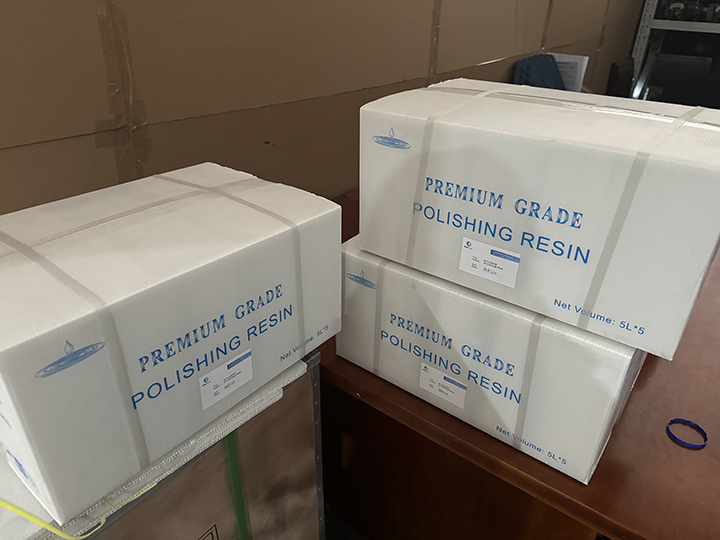 Differences Between Polishing Resin and Other Water Treatment ResinsThis article explores the distinctions between polishing resin and other types of water treatment resins, highlighting their unique applications and characteristics. Polishing resins are crucial for producing ultra-pure water in industries such as semiconductor manufacturing and pharmaceuticals, where even trace impurities can affect product quality. In contrast, other water treatment resins like softening and deionization resins address broader water quality issues, including hardness reduction and specific ion removal. The article delves into the structural differences, performance indicators, and practical uses of these resins, providing insights into selecting the right type for various applications. Whether you need high purity water or general water treatment solutions, understanding these resins' capabilities is essential for achieving optimal results.View More >9
Differences Between Polishing Resin and Other Water Treatment ResinsThis article explores the distinctions between polishing resin and other types of water treatment resins, highlighting their unique applications and characteristics. Polishing resins are crucial for producing ultra-pure water in industries such as semiconductor manufacturing and pharmaceuticals, where even trace impurities can affect product quality. In contrast, other water treatment resins like softening and deionization resins address broader water quality issues, including hardness reduction and specific ion removal. The article delves into the structural differences, performance indicators, and practical uses of these resins, providing insights into selecting the right type for various applications. Whether you need high purity water or general water treatment solutions, understanding these resins' capabilities is essential for achieving optimal results.View More >9 -
082025-02
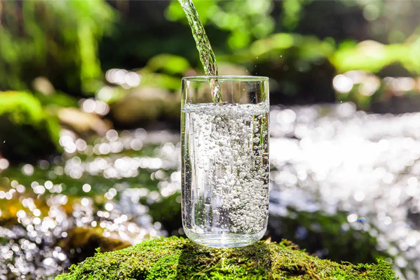 Ion Exchange Resins for Water PurificationThis article explores the diverse applications and functions of ion exchange resins in the realm of water purification. It covers key uses such as water softening, desalination for producing high-purity water, wastewater treatment to remove heavy metals and other pollutants, and targeted contaminant removal like nitrates and arsenic compounds. Additionally, it highlights the regeneration capability of these resins, which ensures their continued efficiency over multiple cycles. The text emphasizes the critical role of ion exchange resins in enhancing water quality across various sectors, from household use to industrial processes, while also contributing to environmental sustainability. With ongoing technological advancements, new high-performance resins are continually expanding the potential applications within this fieldView More >9
Ion Exchange Resins for Water PurificationThis article explores the diverse applications and functions of ion exchange resins in the realm of water purification. It covers key uses such as water softening, desalination for producing high-purity water, wastewater treatment to remove heavy metals and other pollutants, and targeted contaminant removal like nitrates and arsenic compounds. Additionally, it highlights the regeneration capability of these resins, which ensures their continued efficiency over multiple cycles. The text emphasizes the critical role of ion exchange resins in enhancing water quality across various sectors, from household use to industrial processes, while also contributing to environmental sustainability. With ongoing technological advancements, new high-performance resins are continually expanding the potential applications within this fieldView More >9 -
212025-01
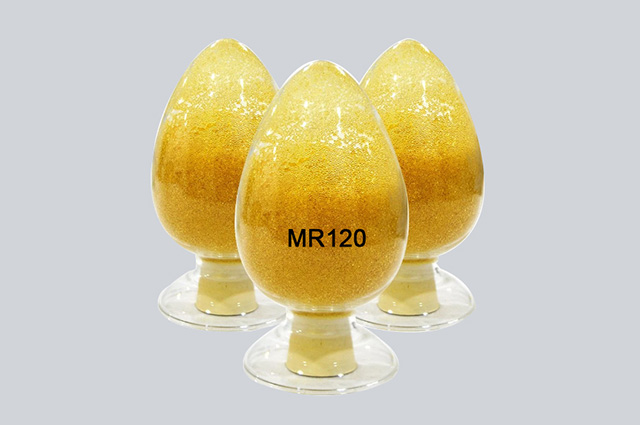 Use of Polishing Resins in the Semiconductor IndustryPolishing resins are vital in the semiconductor manufacturing process, especially in Chemical Mechanical Polishing (CMP). They help planarize wafer surfaces, remove excess material, and improve device performance. Learn how these resins contribute to wafer surface quality, enhance conductivity, and reduce production costs, playing a key role in advancing semiconductor technology.View More >4
Use of Polishing Resins in the Semiconductor IndustryPolishing resins are vital in the semiconductor manufacturing process, especially in Chemical Mechanical Polishing (CMP). They help planarize wafer surfaces, remove excess material, and improve device performance. Learn how these resins contribute to wafer surface quality, enhance conductivity, and reduce production costs, playing a key role in advancing semiconductor technology.View More >4 -
162024-12
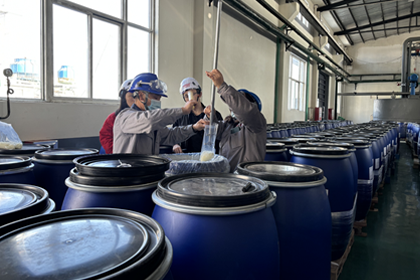 Successful Shipment of Uranium Removal Resin for Mining and Nuclear ApplicationsWe are pleased to announce the successful shipment of uranium removal resin to a well-known nuclear industry company. After a rigorous supplier selection procesView More >3
Successful Shipment of Uranium Removal Resin for Mining and Nuclear ApplicationsWe are pleased to announce the successful shipment of uranium removal resin to a well-known nuclear industry company. After a rigorous supplier selection procesView More >3

